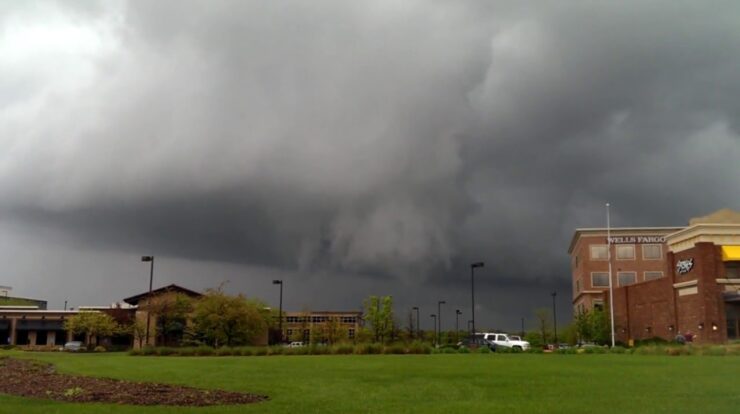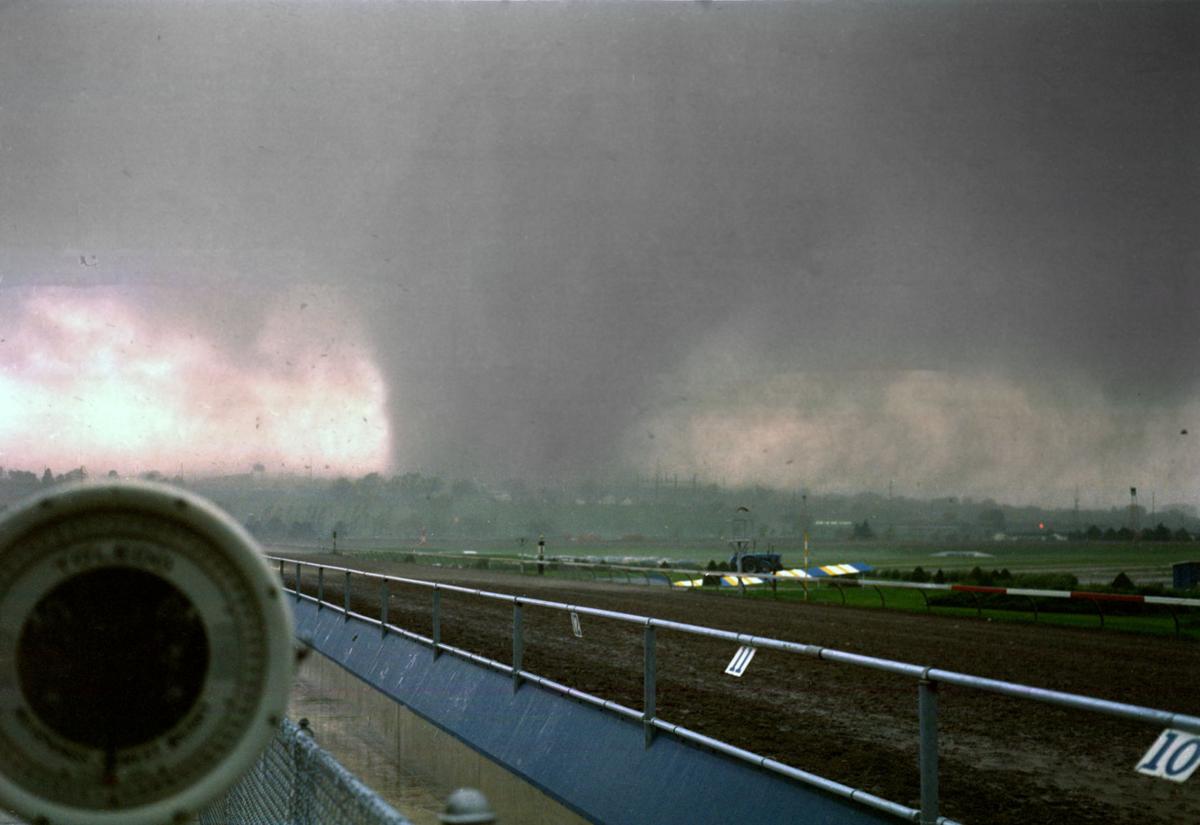
Tornado Omaha Nebraska Today: The Midwest is no stranger to severe weather, and tornadoes are a common occurrence. With the recent outbreak of tornadoes in the Omaha area, it’s more important than ever to be aware of the risks and how to stay safe.
In this article, we will provide an overview of tornado safety and preparedness, including tips on what to do before, during, and after a tornado. We will also discuss the history of tornadoes in Omaha, Nebraska, and the latest research on tornado forecasting and prediction.
Tornado Warnings and Alerts: Tornado Omaha Nebraska Today
The National Weather Service (NWS) issues various types of tornado warnings and alerts to provide timely information and protect lives.
Tornado Watch
A tornado watch means that conditions are favorable for tornadoes to develop. It does not mean that a tornado has been spotted or is imminent.
Tornado Warning
A tornado warning indicates that a tornado has been spotted or is indicated by radar. It means that a tornado is imminent or already occurring and immediate action is necessary.
How to Receive Warnings and Alerts, Tornado omaha nebraska today
- NOAA Weather Radio
- Smartphones with weather apps
- Local news and media outlets
What to Do When a Tornado Warning is Issued
- Seek shelter immediately in a sturdy building, preferably in a basement or interior room.
- Stay away from windows and doors.
- If outdoors, lie flat in a ditch or low-lying area and cover your head with your hands.
Tornado Safety and Preparedness

A comprehensive tornado safety plan is crucial for protecting yourself and your loved ones.
Before a Tornado
- Identify a safe place in your home or workplace to shelter during a tornado.
- Create an emergency kit with essential supplies, including water, food, a first-aid kit, and a battery-powered radio.
- Develop an evacuation plan and practice it with your family or colleagues.
During a Tornado
- Seek shelter immediately in your designated safe place.
- Stay low and cover your head with your hands or a blanket.
- Avoid windows and exterior walls.
After a Tornado
- Check for injuries and seek medical attention if necessary.
- Contact family and friends to let them know you are safe.
- Report any damage to your home or property to the authorities.
Tornado Damage Assessment

Assessing tornado damage is crucial for safety, insurance claims, and recovery efforts.
Types of Damage
- Structural damage: Damage to buildings, homes, and infrastructure.
- Tree damage: Uprooted, snapped, or damaged trees.
- Crop damage: Destruction of crops and vegetation.
How to Report Tornado Damage
- Contact your local emergency management office or 911.
- Document the damage with photos or videos.
- Provide details of the damage, including location, severity, and any injuries.
Concluding Remarks

Tornadoes are a powerful and destructive force of nature, but by being prepared and taking the necessary precautions, you can help to reduce your risk of injury or damage.
Questions Often Asked
What should I do if I am caught in a tornado?
If you are caught in a tornado, the most important thing to do is to find shelter immediately. If you are in a building, go to the lowest level and find a windowless room. If you are outside, lie down in a ditch or other low-lying area and cover your head with your hands.
What are the signs of a tornado?
The most common signs of a tornado are a funnel cloud, rotating debris, and a loud roar. If you see any of these signs, take shelter immediately.
How can I prepare for a tornado?
There are a number of things you can do to prepare for a tornado, including having a tornado safety plan, assembling an emergency kit, and knowing the evacuation routes in your area.





